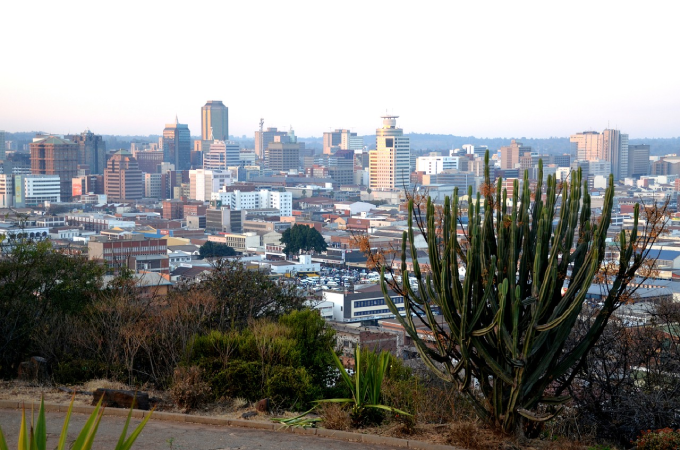
The amendment of the Empowerment Act resulted in diamonds and platinum reserved for indigenisation.
Foreign investors interested in diamonds or platinum were restricted to a maximum of 49% shareholding, while domestic investors or State institutions would control at least 51%.
The Economic Governance Watch said the Finance (No. 2) Bill, which sailed through Parliament mid-December had the potential to affect the Zimbabwean economy.
"The government had to ensure that a controlling interest in diamond and platinum mining businesses was held by the Zimbabwe Minerals Marketing Corporation, the Zimbabwe Consolidated Diamonds Company or the National Indigenisation and Economic Empowerment Fund.
"Diamond and platinum mining businesses could not merge or restructure unless a controlling interest in the [newly] merged business was held by an appropriate designated entity; conversely, conglomerates or syndicates of such businesses could not de-merge or unbundle unless an appropriate designated entity held a controlling interest in all the resulting businesses.
"Now that it has been amended, Section 3 applies not only to diamond and platinum mining but to businesses involved in extracting any minerals that the minister responsible for administering the Act may choose to prescribe by notice in the Gazette."
It said the minister had not yet prescribed any minerals for Section 3, so the Section was currently inoperative.
"But at any time she may decide to reserve particular sectors of the mining industry for indigenous miners, and she can give effect to that decision simply by consulting two colleagues – the Minister of Mines and Mining Development and the Minister of Finance and Economic Development – and publishing a short notice in the Government Gazette designating the particular minerals that are to be reserved," said Economic Governance Watch.
"In fact, [under] section 21(2) (a) of the Interpretation Act, she could designate all minerals, thereby reserving the entire mining industry to indigenous control."
The mining industry in Zimbabwe generates about $2 billion and contributes 70% of export revenues annually.
Mathew Nyaungwa, Editor in Chief of the African Bureau, Rough&Polished
